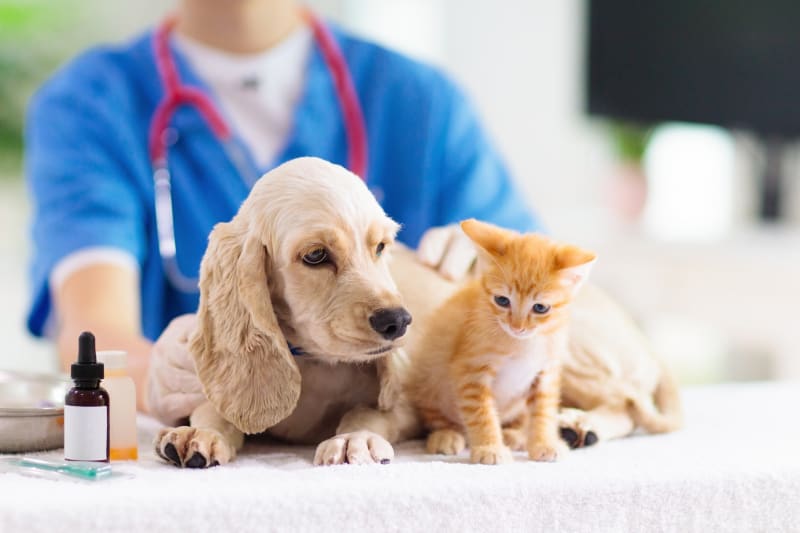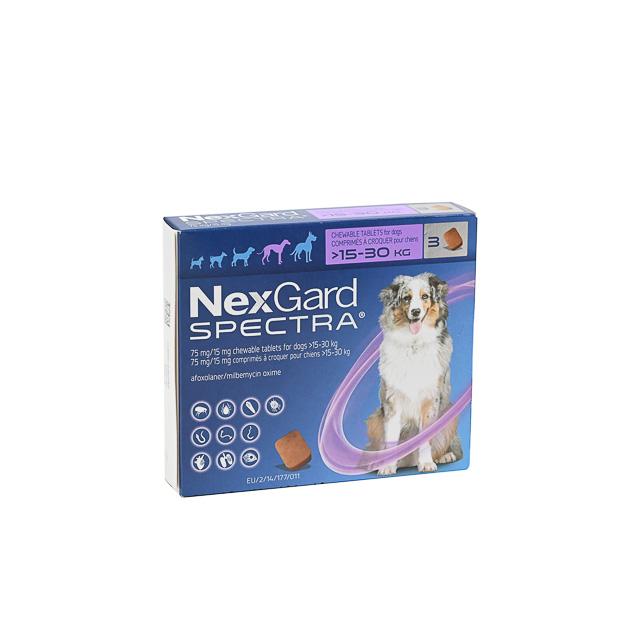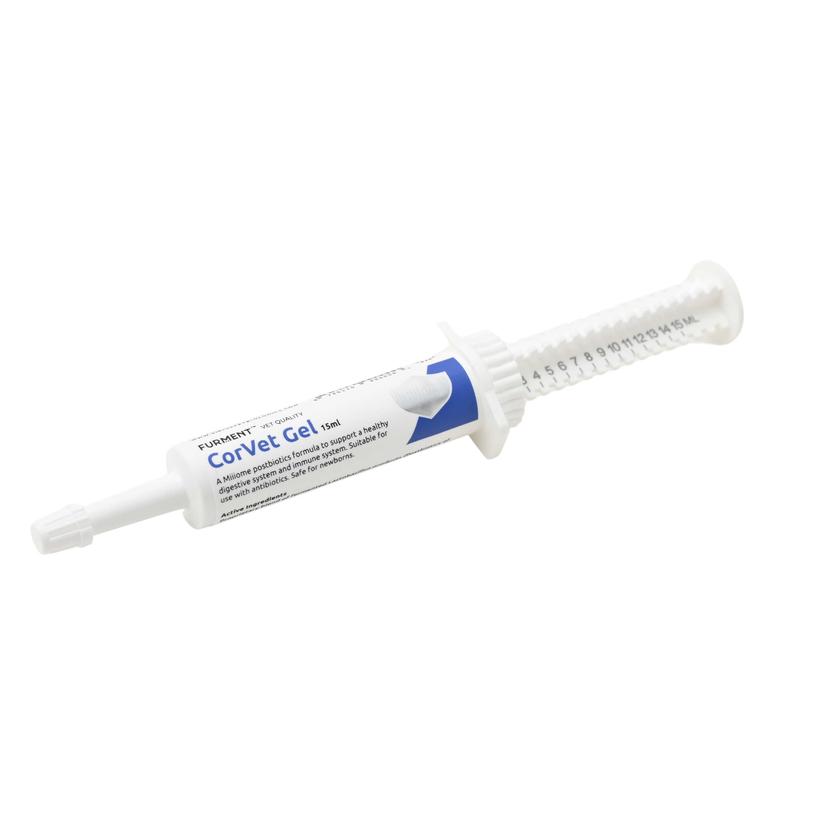
As responsible pet owners, one of our primary responsibilities is to ensure the well-being and health of our beloved furry companions. Our pets may not be able to communicate in the same way we do when they are feeling unwell or experiencing health issues. Therefore, detecting potential problems early on is crucial to providing them with the care and attention they need. In this blog post, we will discuss essential tips on how to spot potential health issues in pets early, enabling you to take timely action and seek veterinary care when needed.
Conduct Regular Health Checkups
The foundation of identifying health problems early lies in scheduling regular checkups with your veterinarian. These routine visits allow your vet to examine your pet thoroughly, assess any subtle changes, and spot potential issues before they escalate. Regular vaccinations and preventive care are equally vital in maintaining your pet’s overall health. Annual health screening includes general blood tests to monitor changes in organ function before symptoms emerge, and can be done together with the yearly vaccinations.
Observe Changes in Behaviour
Being attentive to your pet’s behaviour can provide valuable clues about their well-being. Notice any alterations in their daily routines, eating habits, or activity levels. Unexplained lethargy, sudden aggression, excessive licking, or hiding may signal an underlying health problem.
Monitor Eating and Drink Habits
Changes in appetite or drinking patterns are often indicative of health issues. A sudden loss of appetite or excessive thirst might be a cause for concern. Similarly, if your pet struggles to chew or eat, it could indicate dental problems or other health conditions. Bad breath, bleeding gums and reluctance to eat dry food when they are normally fine are likely pointing to dental issues that need to be addressed.
Keep an Eye on Elimination
Closely monitor your pet’s bathroom habits. Diarrhoea, loose stools, straining to defecate or urinate or significant changes in the frequency can be signs of gastrointestinal or urinary issues. Additionally, blood in urine or faeces requires immediate attention.
Assess Skin and Coat Condition
A pet’s skin and coat can reveal a lot about their health. Look out for signs of excessive shedding, dry and flaky skin, redness, rashes, or bald patches. Scratching of ears and licking of paws may indicate itching or discomfort which needs to be looked at. Constant itching or scratching may also indicate allergies, parasites or other skin conditions that require veterinary attention.
Look out for Signs of Respiratory Distress
Unusual breathing sounds, coughing, sneezing, or wheezing should never be ignored. Respiratory issues can range from mild infections to severe respiratory disorders, and early detection is vital for prompt treatment. If possible, record the episodes on video and show them to the vets during consults to narrow down the differentials.
Detecting Eye and Ear Abnormalities
Healthy eyes and ears are clear and free from discharge. If you notice redness, swelling, discharge, tear-stained fur, or persistent ear scratching, your pet may have an eye or ear infection that needs attention.

Pro Tip
Smelly ears are a sign that an ear infection is most likely ongoing
Monitor Changes in Body Weight
Rapid weight loss or gain can be indicative of underlying health problems, such as metabolic issues, organ dysfunction, or parasites. Regularly weigh your pet and consult with your vet if you notice any significant fluctuations.
Conclusion
Early detection of health issues in our pets is vital for their well-being and longevity. As such, seeking professional advice is essential whenever we notice any concerning signs in our pets. ZumVet Connect is a text-based chat service, where pet owners can get free* and personalised advice from expert veterinarians, making it easier than ever to address our concerns. If you need medical guidance or advice for your pet, visit Zumvet to book an online consultation or a clinical visit for your pet. Remember, your pet’s health is in your hands, and taking quick action can make a significant difference in their quality of life. So, prioritise their health, and together, let’s keep our beloved companions happy and healthy for years to come!
*Beta version. Free for a limited time only













